This video makes the powerful point that Britain and other European countries fail to honor and memorialize Black and Brown soldiers who fought and died for “democracy” in the…
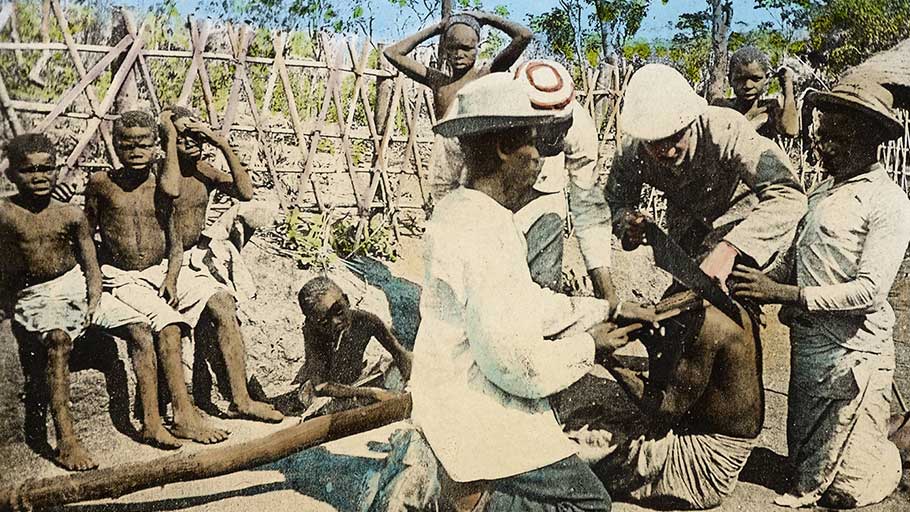
By Christer Petley, Edited by Nigel Warburton, Aeona — It is no surprise that the whip is synonymous with New World slavery: its continual crack remained an audible threat to enslaved workers to keep at their work, reminding them that their lives and bodies were not their own, and that they should maintain (outwardly at least) a demeanour of dutiful subordination to their overlords. The whip was a cruel and effective instrument…
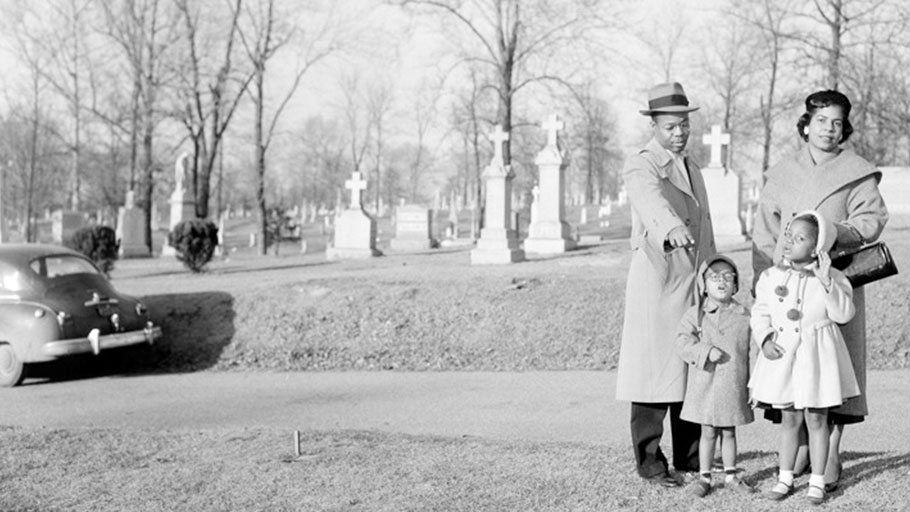
Its purpose 150 years ago was to incorporate former slaves into the nation. By Martha S. Jones, The Atlantic — Birthright citizenship just might be, former slaves believed, the safeguard they needed. In the decades before the Civil War, in an era when a remedy like the Fourteenth Amendment was hard to imagine, free black Americans embraced the view that they were citizens by virtue of having been born on…
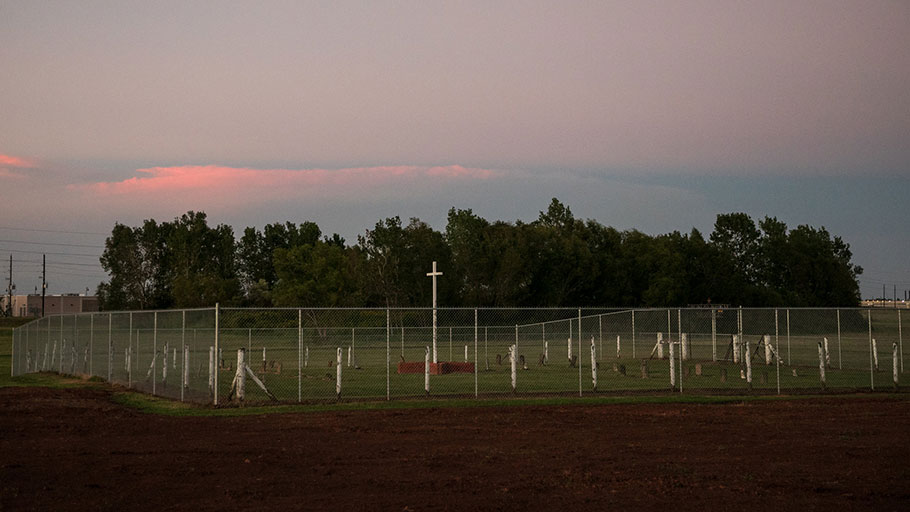
Bodies of sugar cane workers recently discovered in Texas reveal gruesome details about the convict leasing system. By Brent Staples, The New York Times — The blood-drenched history that gave the city of Sugar Land, Tex., its name showed its face earlier this year, when a school construction crew discovered the remains of 95 African-Americans whose unmarked graves date back more than a century. The dead — some of whom may have…
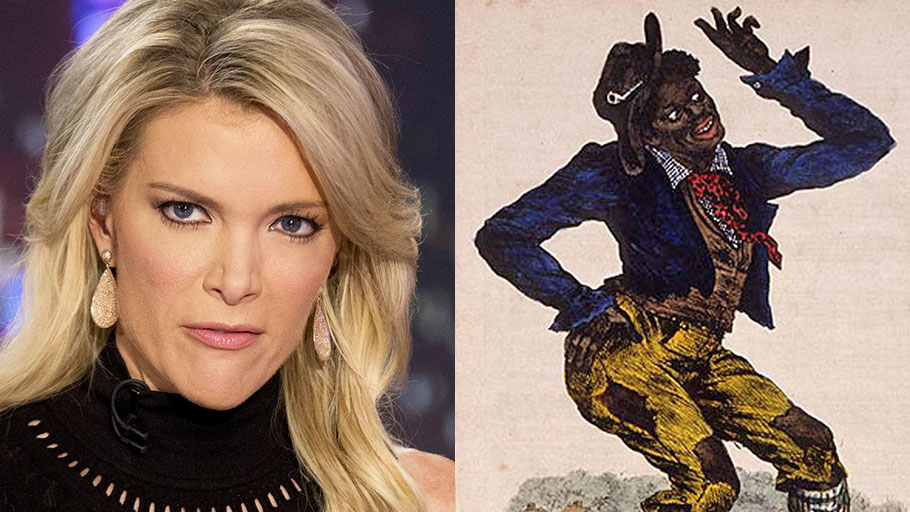
By Jacob Shamsian, Insider — “Today” host Megyn Kelly apologized Wednesday for defending blackface, the act of non-black people wearing makeup to make themselves look black. Blackface has a racist history in the United States. It was used in minstrel shows, movies, and other forms of entertainment to dehumanize African-Americans and exclude them from the entertainment industry. Mocking caricatures spread stereotypes about African-Americans that were used to deny them civil…

Carlota died for revolutionary ideals long before Castro showed up. By Jules Franco, OZY — The discovery of the young woman’s corpse on the Triunvirato estate, a sugar mill in…
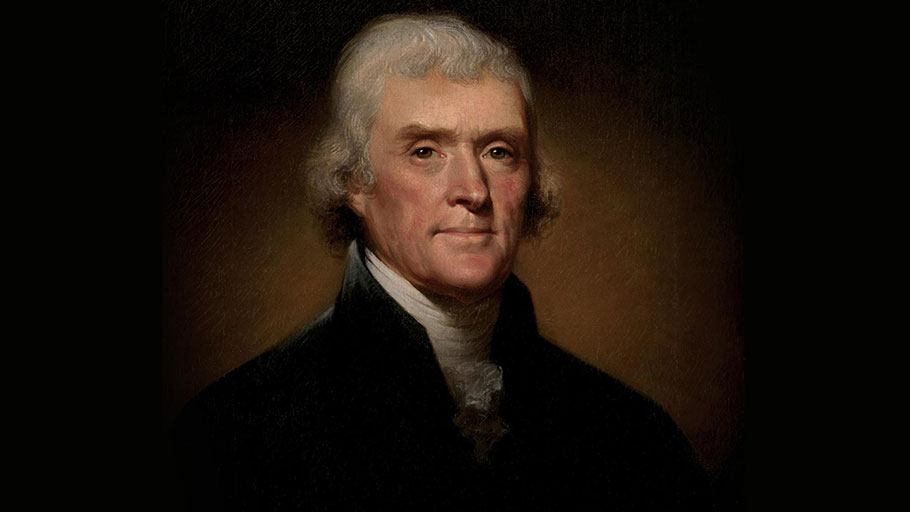
America’s Founding Fathers had some great ideas and some greatly disturbing ones. By Sean Braswell, OZY — Eight months after the Rev. Martin Luther King Jr.’s “I Have a Dream…
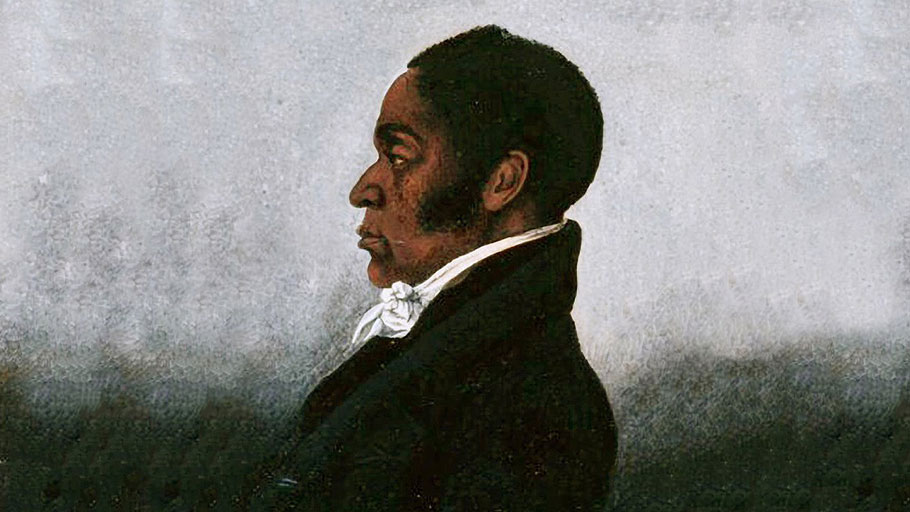
A Black sailmaker was helping to lead the anti-slavery movement long before it was popular in America. By Sean Braswell, OZY — In the spring of 1842, several thousand Philadelphians poured into the streets for one of the largest funerals in the city’s history. It was a remarkable sight: An interracial procession that included everyone from poor Black laborers to wealthy White merchants to sea captains and shippers. On that…
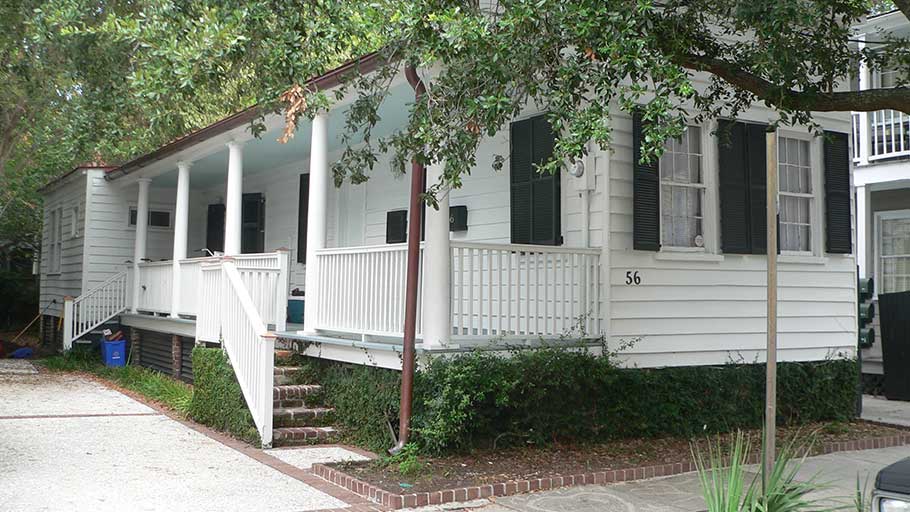
By Ashleigh Lawrence-Sanders, AAIHS — The familiar refrain after the Emmanuel AME massacre on June 17, 2015, was that Dylann Roof, the murderer, was not from “here.” But as Ethan Kytle and Blain Roberts’ Denmark Vesey’s Garden: Slavery and Memory in the Cradle of the Confederacy aptly demonstrates, Roof’s understanding of history and memory in Charleston led him to that church; and his understanding was not alien to the sometimes violently, oft-contested memory of slavery in the…
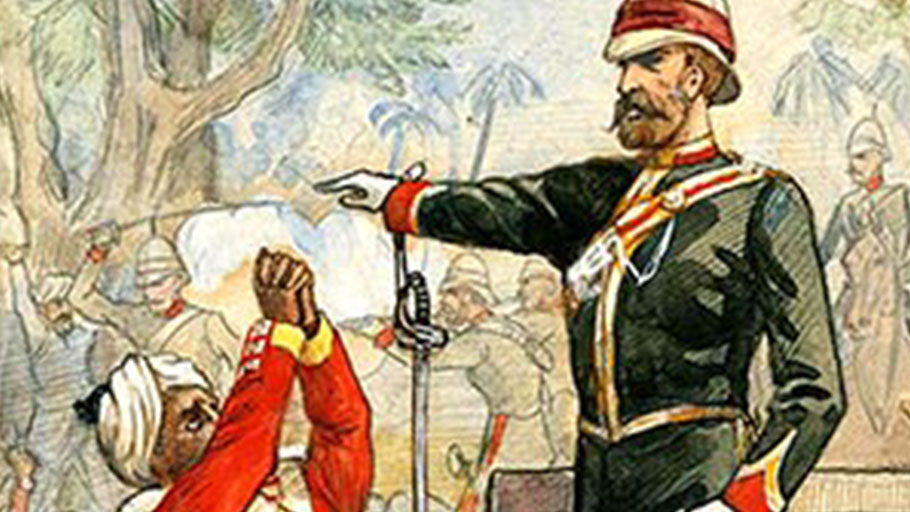
In a desperate bid to head off a Scottish Yes vote, David Cameron evoked a mythical British Empire that had given democracy to the poor and freedom to the slaves. Here Ken Olende looks back at what life was really like when Britannia ruled the waves. By The Socialist Worker — The British Empire was the largest ever known. It covered a quarter of the world’s land mass and ruled…
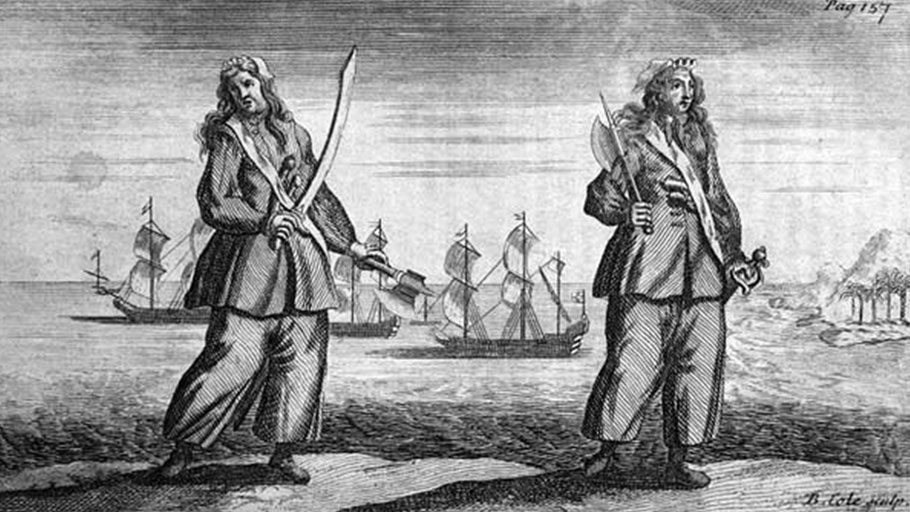
Historian Marcus Rediker spoke to Ken Olende about the struggles that took place aboard the ships of early capitalism. By The Socialist Worker — The first strike wasn’t in a factory or an office. It wasn’t even on land. US historian Marcus Rediker explains how sailors in England fought against a wage cut in 1768. “They went from ship to ship and took down the sails. That’s called striking the sails….
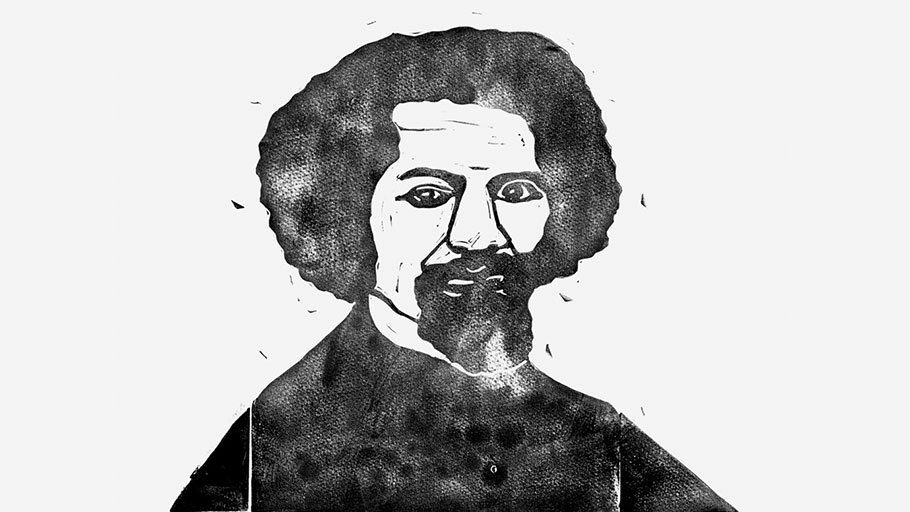
He escaped from slavery, and helped rescue America. By Adam Gopnik, The New Yorker — Frederick Douglass, who has been called the greatest American of the nineteenth century, grew up as a slave named Frederick Bailey, and the story of how he named himself in freedom shows how complicated his life, and his world, always was. Frederick’s father, as David W. Blight shows in his extraordinary new biography, “Frederick Douglass: Prophet…














